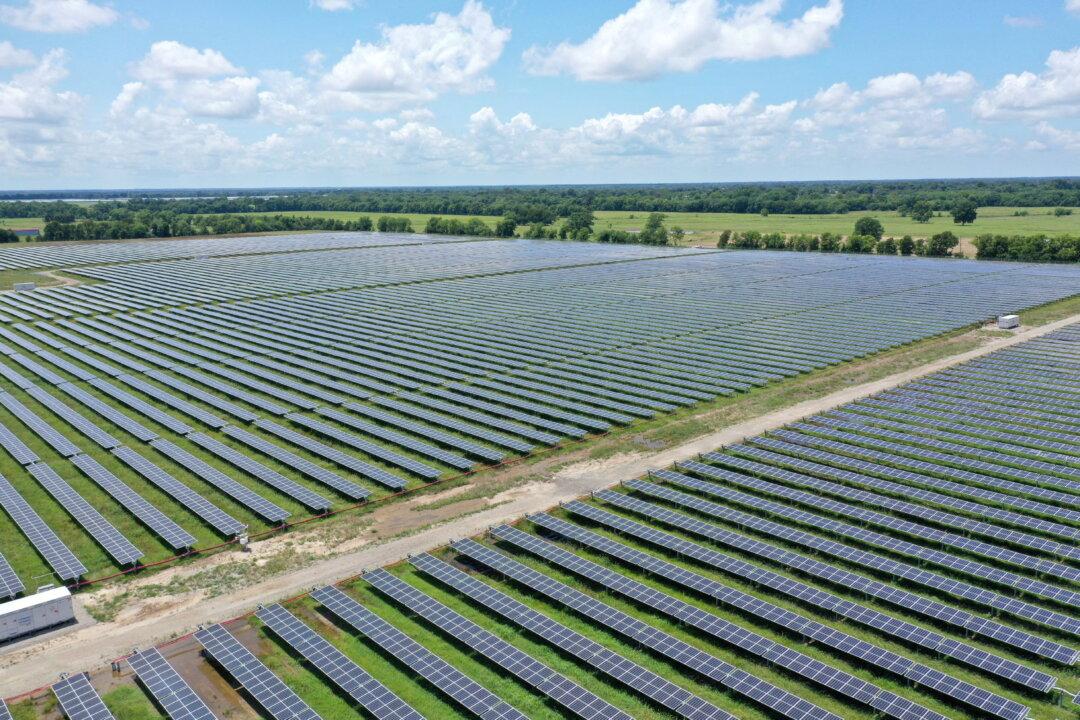Climate change risks rank alongside counterterrorism and cyber security as a key priority for Australia’s home affairs department, according to a recent estimate hearing.
On Feb. 13, the secretary for home affairs, Mike Pezzullo, faced questioning from Senator Alex Antic, who asked whether the department’s focus on climate change risks was “comedy [or] parody?”





